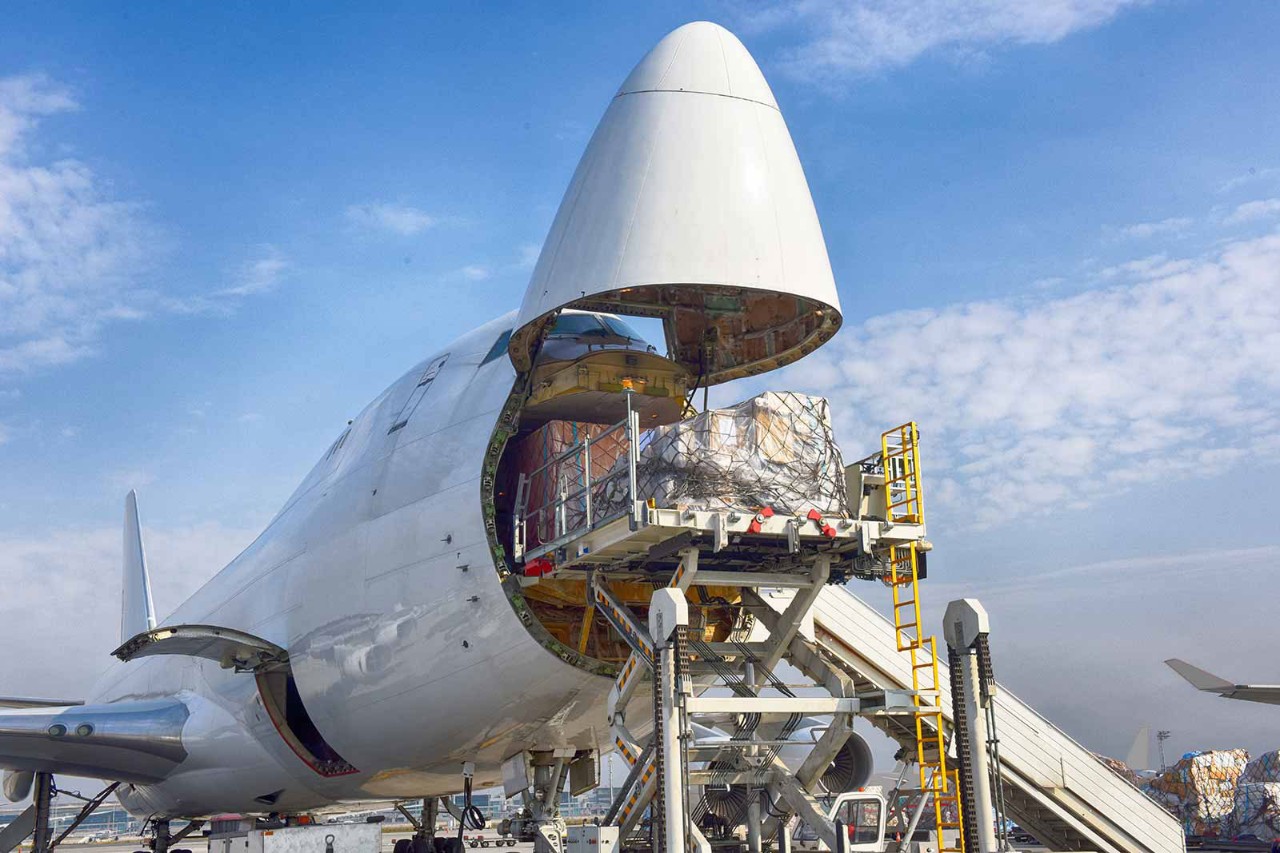
It’s time to dust off the crystal ball once more and take a look at what lies in store for the next 12 months. After a few years dominated by geopolitical challenges, economic uncertainty and relentless disruption, could we finally be in for a period of calm? As 2024 ends there are early pointers for some level of business optimism as we look ahead to next year.
So what will be the principal themes, and where might the big opportunities and risks lie?
Looser monetary policy should spur cheaper lending and repayment costs
I believe 2025 will see a much greater adoption of AI technology, with a shift from hyped up potential to tangible value as companies deploy tools that improve customer engagement, automate repetitive tasks and uncover new revenue streams. It’s likely that large organisations will be the ones to take advantage first, embracing the chance to free employees from mundane tasks so they can focus on high-impact, strategic work and serve clients better.
Cost control
The inflation crisis that took hold from 2022 has now thankfully abated as central bank policymakers responded with tough-to-swallow interest rate hikes. The effect was two-fold, with companies seeing higher borrowing costs and rising pay costs as employees sought higher salaries to cope with the cost of living crisis.
With inflation clearly easing, central banks will continue to loosen monetary policy. That should spur cheaper lending and repayment costs for businesses, although it may not bring about the anticipated easing in pay expectations. A trend I expect to see is pay increases in the mid to high single digits in 2025, with many companies telling me retention is a key goal in a tight labour market.
Will employers pay out more to get staff back into the office?
That conflicts with one other issue that will crop up many times in the year ahead – namely, efforts by businesses to limit the amount of time employees can work from home or even end hybrid working altogether. Will employers pay out more to get staff back into the office?
Bottlenecks
Beyond talent and technology, there’s the less discussed but equally critical challenge of infrastructure. Chronic housing shortages, ageing energy grids and outdated transportation networks are creating bottlenecks that hinder economic growth.
Energy infrastructure is in dire need of attention to cope with the move to renewable energy solutions that support carbon reduction targets and to keep up with the demands of data centre growth, which is powering AI. Addressing this will require collaboration between government and the private sector.
Having drifted down the list of priorities recently, the challenge of addressing climate change will be more prominent in 2025, as companies and governments fall behind on the targets for net zero, the number of electric cars on the road and other sustainability goals.
The EU bloc has long trailed the US in developing world-leading tech giants
Innovation
As I’ve pointed out before (see ‘Building an EU powerhouse’), 2025 will also be pivotal for Europe’s economy and its need to boost competitiveness by focusing on innovation. The bloc has long trailed the US in developing world-leading tech giants, and it’s a gap that seems to be growing given the current health of the eurozone.
The plan from former European Central Bank president Mario Draghi to address this is currently sitting on the desk of Ursula von der Leyen, the European Commission head. It will require huge investment by member states and it needs buy-in to simplify regulations, incentivise R&D and create a unified capital markets. There is a sense of urgency now in Europe that the time for talking is over and the time for action begun.
We have seen years of political upheaval – with the surprise events in Syria the most recent example – but 2025 at least sees a pause in global elections. The challenge for businesses now is adjusting to the policies and economic realities these changes have set in motion. Rather than reacting to every political headline or tweet, senior leaders need to focus on long-term strategies. Noise in the geopolitical sphere will always exist, but organisations that remain agile and resilient will be better positioned to thrive in 2025 – and the years that follow.


